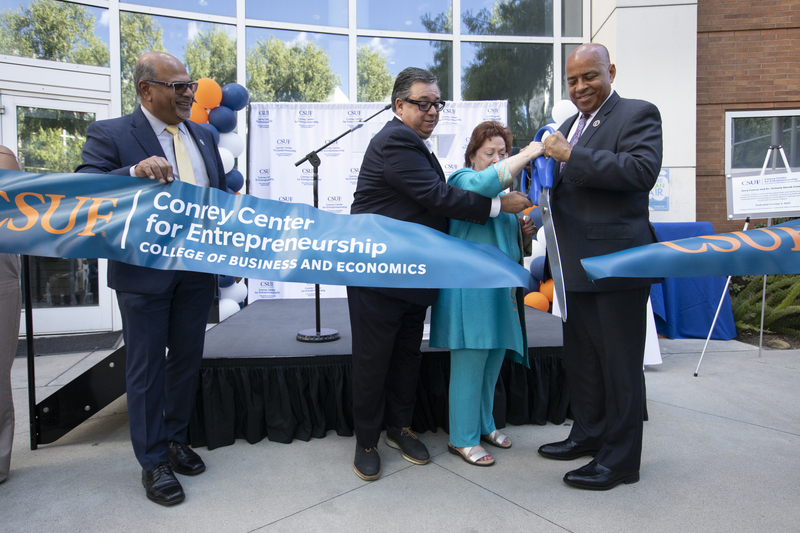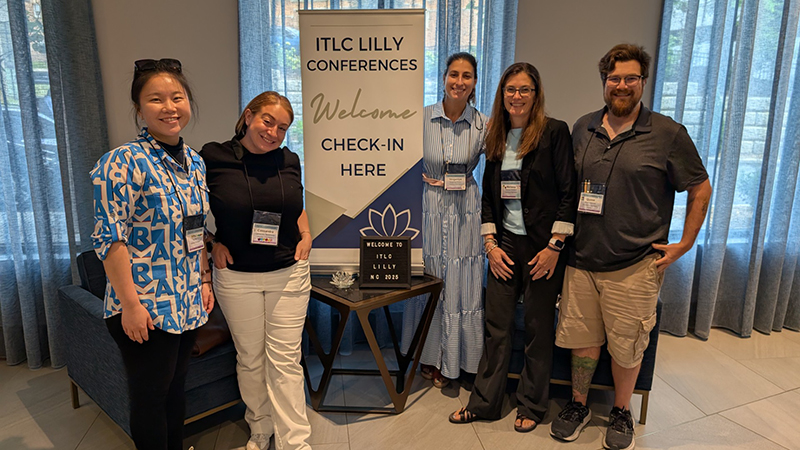Higher education cooperation in Africa strengthens Finland’s position in the current geopolitical situation

The review is based on the results of higher education development cooperation programmes managed by the Finnish National Agency for Education; the 2020–2024 period of HEI ICI (Higher Education Institutions Institutional Cooperation Instrument) and the initial phase of HEP(Higher Education Partnership Programme) in 2024–2025. The projects carried out under these programmes involved developing the methodological, pedagogical and administrative capacity of higher education institutions. Both programmes were financed by the Ministry for Foreign Affairs from Finland’s development cooperation funds and managed by the Finnish National Agency for Education.
The review shows that Finnish-African partnerships strongly support the alignment of higher education with the need of the labour market, providing added value especially in the areas of digitalisation, innovation, modern pedagogy, entrepreneurship and the development of working life skills. Of the project actors that responded to the survey, 91% improved their communication and teamwork skills, 83% improved their digital skills and 75% improved their technical and vocational skills. Furthermore, 53% of respondents said that they had developed their entrepreneurial skills.
For example, the GeoICT4e project carried out in Tanzania, developed a challenge-based learning model in which students solved work-based problems in collaboration with companies, public authorities and NGOs. The project strengthened digital skills, employability and entrepreneurship skills, and its results have been integrated into the study programmes of five Tanzanian universities.
Internationalisation of higher education promotes Team Finland cooperation
International academic cooperation plays a key role in Finland’s science and education diplomacy, strengthening mutual understanding, international cooperation and trust in today’s increasingly complex geopolitical environment. The Finnish education model is characterised by trust, autonomy and equality. The survey of HEI ICI and HEP projects shows that the Finnish education model serves as an inspiration for partner universities. The strengths of Finnish partnerships include an ethical and respectful attitude, reliability, co-creation and inclusive models.
The importance of cooperation in higher education and innovation is also highlighted in the strategy of the Team Finland network for 2025–2027. The review also shows that bilateral partnerships are essential for Finnish operators to obtain recommendations, which are needed for further funding. 36% of the higher education partnerships funded by the Ministry for Foreign Affairs engage in cooperation with the local private sector, even though this is not a requirement of the programmes in question. This cooperation ensures that the competence that qualifications and degrees produce is relevant to the labour market, for example through competence needs analyses, workplace training or problem-based learning.
One example of this is the PBL-BioAfrica project, in which five African universities in Kenya and Zambia reformed their agricultural education by implementing problem-based learning and entrepreneurship education. This led to students solving local challenges together with communities and SMEs and creating their own start-ups specialising in honey production and aquaculture, for example.
The survey was carried out for the Finnish National Agency for Education by the consultancy 4Front in April–August 2025.
More information:
Annika Sundbäck-Lindroos, Programme Manager, International Higher Education Cooperation, Finnish National Agency for Education, annika.sundback-lindroos [at] oph.fi, +358 29 5338 542
Hanna Alasuutari, Senior Adviser, Development Policy, Education, Ministry for Foreign Affairs, hanna.alasuutari [at] gov.fi, +358 29 5350 618
Read more:
link






